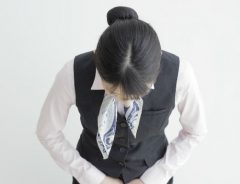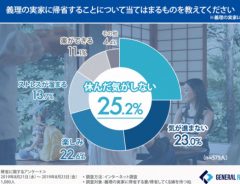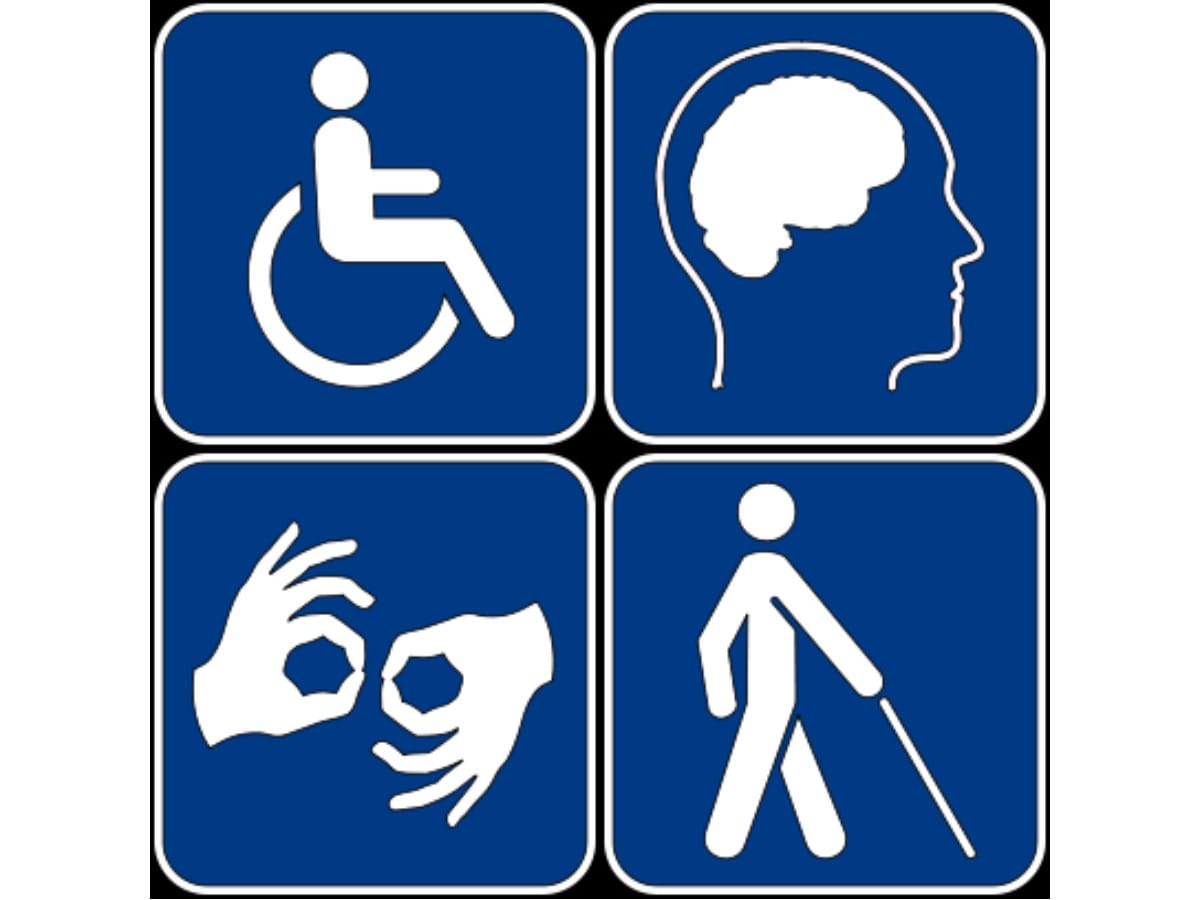- Tags:
- Disability / Society
Related Article
-

Japanese Hotel Apologizes For One Minute Internet Stoppage At 4:00 AM
-

Pachinko: a brief guide to a Japanese obsession
-

What Do Japanese People Actually Think About Ariana Grande’s Kanji Tattoo BBQ Blunder?
-

Maternity Harassment: Workplaces Where Pregnant Women Are Unwelcome
-

Twitter Thread Spells Out Small But Pleasant Surprise Conveniences Taken For Granted In Japan
-

What are “Kisei Blues” and why Housewives refuse to visit their in-laws during Holidays?



Recently, the situation for Japanese people with disabilities seems to be improving. Disabled candidates Sawako Naito, (who has M.S.), Eiko Kimura (cerebral palsy), and Yahuhikio Funago (ALS) have recently become elected officials while several businesses are innovating to accommodate employees and customers with special needs. Netizens, quick to express their support, are clearly in favor of these developments.
So is Seiichiro Shirai, a member of the Japan National Assembly of Disabled Peoples’ International, an international group advocating for equal treatment of the disabled. Shirai told Reuters that Sawako and others' victories signal that disabled people realize they can demand reasonable accommodation from parliament, and that political parties and parliament realize that they need to offer it.
This is certainly a welcome change. Historically, Japan has been slow to extend a helping hand, rather opting to ignore the problem the population represents. Despite ratifying the U.N. Convention on the Rights of Persons with Disabilities in 2014, little progress has been made in the interim. Nevertheless, recent changes in public perception, preparations for the paralympic games, as well as a 2016 tragedy are forcing slow-to-adapt institutions to make meaningful progress.
Satoshi Uematsu
In 2016, Satoshi Uematsu went on a stabbing rampage at Tsukui Yamayuri En (Tsukui Lily Garden) care facility in Kanagawa Prefecture. The mass murder resulted in the deaths of 19 while shocking many in a country where violent crime is rare. Uematsu had, at the time, recently been hospitalized for having violent aspirations against the disabled, but had been deemed safe to leave.
After the incident, Uematsu was quick to turn himself in. He told police that "he had to do it for the sake of society" and that, for people with mental disabilities, there was "no point in living." Despite claiming he was in a state of mental illness caused by marijuana abuse, Uematsu reportedly showed no remorse for his crime. Before the attack, he wrote to parliament, saying, "I want Japan to be a country where the disabled can be euthanized."
In March of 2020, the death penalty was confirmed by a Yokohama Court. Uematsu's defense counsel had originally filed an appeal; however, Uematsu decided to drop it, stating that it would not be right to take the charge to a higher court. His trial focused on whether he was mentally competent at the time of the attack. The court ruled he was claiming Uematsu believed “he would be a pioneer and receive approval if he killed people with disabilities.” Uematsu, who claimed disabled people “create unhappiness in society,” was not surprised by the verdict, although he thought he did not deserve capital punishment.
Disabled People Push for Greater Visibility
The backlash against Uematsu was understandably widespread and harsh. Nevertheless, the extent of his crime underlined the unenviable position that most disabled people occupy in Japanese society. Many consider themselves "invisible," and most of the population rarely interact with disabled people. Many live unaware of the circumstances surrounding the daily lives of people with disabilities.
Up-and-coming lawmakers like previously mentioned Yasuhiko Funago (who has ALS) are hoping to change this reality. He told a committee in November, "I was a corporate soldier before I had amyotrophic lateral sclerosis and had hardly any opportunities to have contact with people with disabilities. I had no idea how people with disabilities or illnesses were living."
Funago feels this kind of invisibility is a leading cause of prejudice and discrimination against affected individuals. Previously mentioned Eiko Kimura (who has cerebral palsy) agrees. As a newly-elected member of the upper house, she is pushing for disabled people to be more closely integrated with non-disabled residents.
According to Kimura, a society that does not assist people with disabilities ends up hiding them. She believes that disabled people should work as normally as possible to make themselves more visible. Both Kimura and Funago are hoping to change laws that make it difficult for people with disabilities to find work while still receiving state-sponsored care.
Businesses React
Fortunately, with recent headlines in mind and the Paralympics approaching, many businesses are looking to assist the nearly 70 percent of ill or disabled people who report having trouble finding work.
Tully’s Coffee, a Japanese coffee chain, has been particularly proactive. The company has arranged a support system for employees with mental disabilities. Affected employees start working in the backroom, washing dishes, and performing other tasks that do not require interactions with customers. Via a segmented work schedule, employees with disabilities are gradually trained in customer-facing roles fitted to their personality. Special members of Tully's H.R. also routinely visit stores with special-needs staff to offer assistance and provide support.
On the other hand, a Tokyo-based lifestyle magazine “Co-Co Life” established Japan’s first talent agency for people with disabilities. The company currently supports 30 registered artists and models. According to Hitoshi Okayasu, the chief of the talent division, "Entertainment offers for disabled talent used to be niche. But now, it is becoming more mainstream." The company regularly holds auditions as it continues to search for new talent.
As Japan's labor ministry is hoping to increase the number of such companies, more businesses will likely follow suit in the near future. As Prime Minister Abe has similar policy goals, businesses and the government alike will continue to work towards an environment where disabled and ill people can hold valuable roles in the workplace.